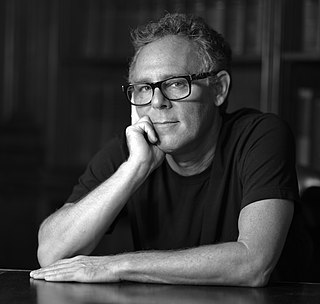A Quote by Fred Brooks
How does a project get to be a year late? One day at a time.
Related Quotes
It was a battle all day with our M&M's Camry. I don't know why, we just didn't have what we needed. We never seemed to have the ticket we needed today. We got better all day, which was a positive and salvaged something out of nothing -- so all things considering it was okay. It's so late in the year, you're just running laps now and getting what you can get and seeing if you can win next weekend at Homestead to finish the year.
I try to just be open to what the next experience is and how it makes me feel, just reading a project, or trying to get involved with a project, or thinking about a project, and what particular emotional flavor that brings. To me, it's never really about planning the next thing, or the career arc. It's about investigating how I feel, from project to project, and finding things that I haven't explored and what that would be like.
You can’t take everything on. That’s why when people ask how does this film fit into my oeuvre. I say 'I don’t know. I don’t think in those terms’. If I did, I might become incapacitated by fear . . . How do you eat a whale? One bite at a time. How do you shoot a 150-day movie? You shoot it one day at a time.
I want to be better every year, just like everyone else does. From what I learned from last year, I feel a lot more comfortable. I know the game and how it goes up here. You get in certain situations the first time, you really don't know what to expect. Now that I've been in them-and I've been in every situation possible last year-there's nothing new to come at me.
Try to imagine a life without timekeeping. You probably can’t. You know the month, the year, the day of the week. There is a clock on your wall or the dashboard of your car. You have a schedule, a calendar, a time for dinner or a movie. Yet all around you, timekeeping is ignored. Birds are not late. A dog does not check its watch. Deer do not fret over passing birthdays. an alone measures time. Man alone chimes the hour. And, because of this, man alone suffers a paralyzing fear that no other creature endures. A fear of time running out.




































